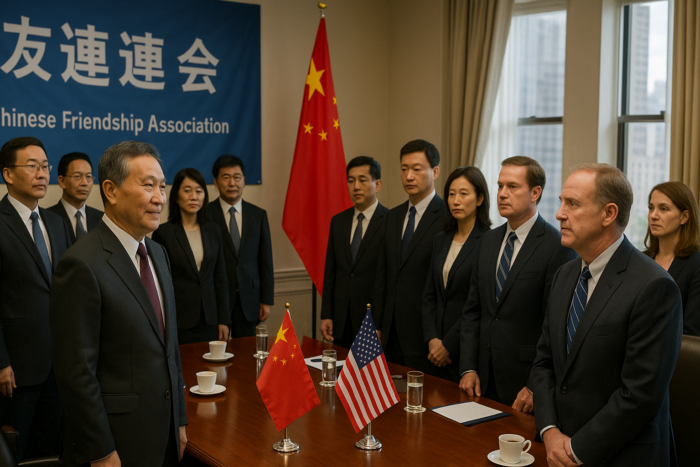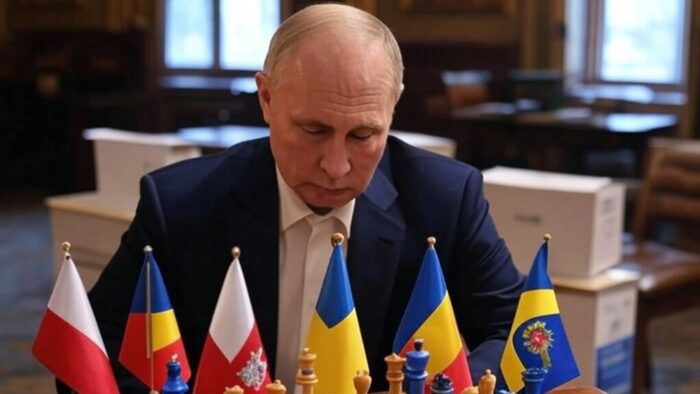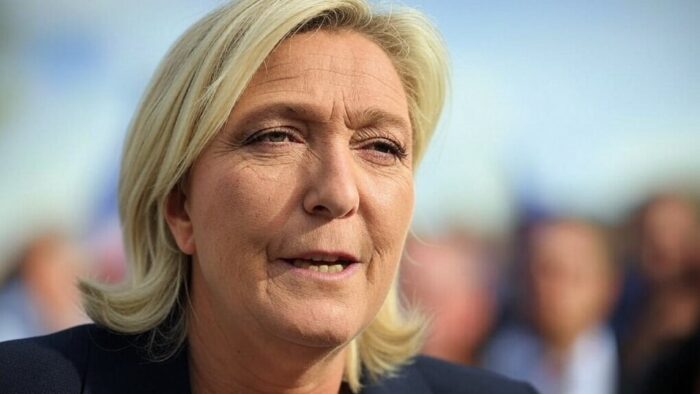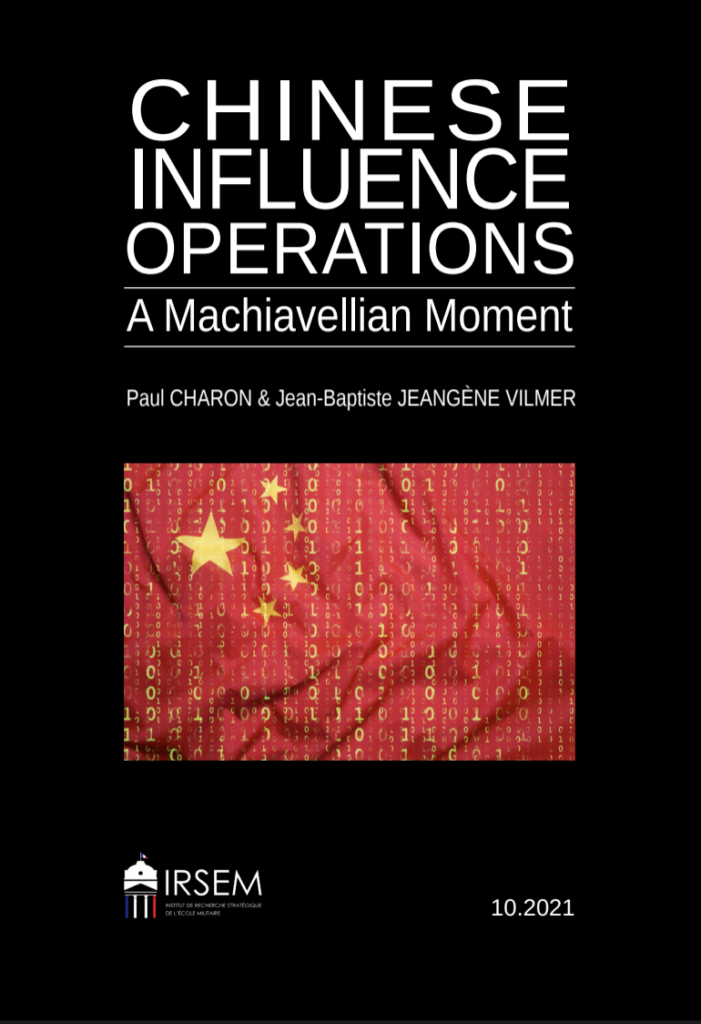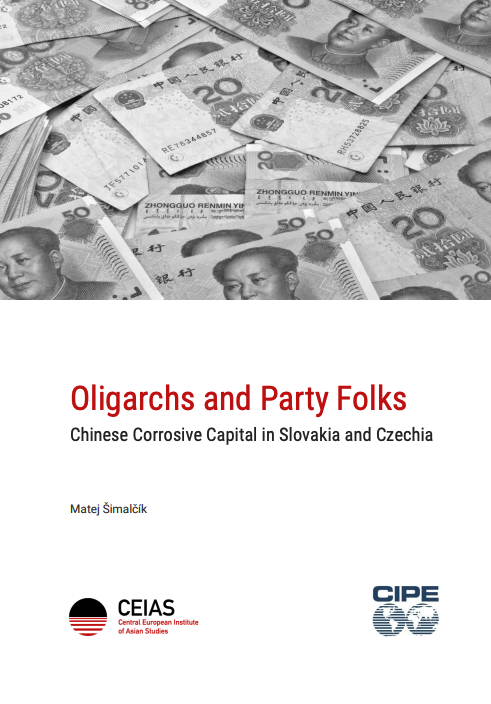Sinopsis, a Czech website covering Chinese politics, recently reported on a French study that highlights Chinese influence operations in the Czech Republic. The study, published by the French military think tank IRSEM, focuses on various influence mechanisms, from economic diplomacy and co-optation of elites to direct threats from the Chinese embassy and China’s influence on Czech academia. According to the Sinopsis report:
September 24, 2021 As a typical example of the co-optation of politicians through “economic diplomacy” , the report cites the activities of the Chinese company CEFC (中国 华 信 能源), which between 2015 and 2018 was the most important Chinese entity operating in the Czech Republic. According to President Miloš Zeman, CEFC was supposed to be the “flagship” of Chinese investment in our country, and he confirmed his above-standard favor towards the company by appointing CEFC Chairman Jie Jingming as his honorary advisor. In the end, the company did not fulfill its investment promises, but managed to establish contact with a number of Czech politicians, some of whom became its employees. […]
The report also mentions the circumstances of last year’s Senate President Miloš Vystrčil’s trip to Taiwan. This was preceded by threats against his predecessor Jaroslav Kuber by the Chinese embassy and Prague Castle. Political pressure on the President of the Senate from the Chinese and Czech sides did not end even after the trip. Chinese Foreign Minister Wang I 王毅 on Vystrčil said he would pay a “high price” and the head of the Department of International Relations of the Central Committee of the Communist Party of China (D 对外 联络 部, ILD) Sung Tchao val called on the Czech Communist Chairman Vojtěch Filip in a video call he clearly distanced himself from Vystrčil. […]
In connection with the influence of the PRC on the academic environment, the IRSEM report cites the example of Miloš Balabán and his Czech-Chinese Center at Charles University. The center, whose main activity was to organize propaganda conferences despite its stated academic ambitions , ceased operations in 2019, when it became clear that Balabán had paid for the conferences from the Chinese embassy and collected money through his private company acting as the FSV Security Policy Center. UK, which Balabán also led. [Translated with Google Translate]
Read the rest here.
In October, we reported on the publication of the IRSEM study on China’s global influence operations.
